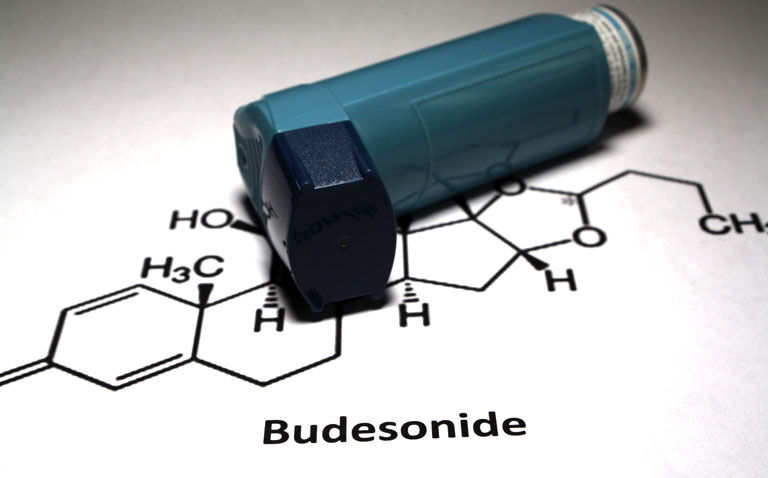Individually both fluvoxamine and inhaled budesonide help in COVID-19 but the benefits of combination therapy are uncertain
Treatment with fluvoxamine (FA) in high-risk COVID-19 patients reduces the need for hospitalisation. This action likely arises because of an anti-inflammatory and anti-viral effect of the drug. In addition, inhaled budesonide improves the time to recovery and possibly hospital admissions or death in patients with COVID-19. As both drugs appear to be effective, whether fluvoxamine and inhaled budesonide together might offer additional benefit is unclear.
In the current trial, researchers randomised high-risk, ambulatory patients 1:1 to oral FA plus inhaled budesonide or matching placebos. Fluvoxamine 100 mg twice daily and budesonide 800 mcg twice daily were given for 10 days. The primary outcome was a composite of emergency setting retention for COVID-19 for more than 6 hours, hospitalisation, and or suspected complications due to progression of COVID-19 within 28 days of randomisation.
Fluvoxamine and Inhaled budesonide and COVID-19 outcomes
The study had 1476 participants with 738 given FA and inhaled budesonide. Symptoms were present for a median of three days before randomisation. The median age was 51 years with women accounting for 60.8% of the total. Overall, 42% of participants had received 3 doses of a COVID-19 vaccine.
The proportion of patients in an emergency setting for more than 6 hours or hospitalised due to COVID-19 was lower in the treatment group than the placebo group (relative risk, RR = 0.50, 95% CI 0.25 – 0.92). These results gave a number needed to treat of 53.
The findings suggest that oral fluvoxamine plus inhaled budesonide in high-risk outpatients with early COVID-19 reduces the incidence of severe disease requiring advanced care.
Citation
Reis G et al. Oral Fluvoxamine With Inhaled Budesonide for Treatment of Early-Onset COVID-19 : A Randomized Platform Trial. Ann Intern Med 2023










